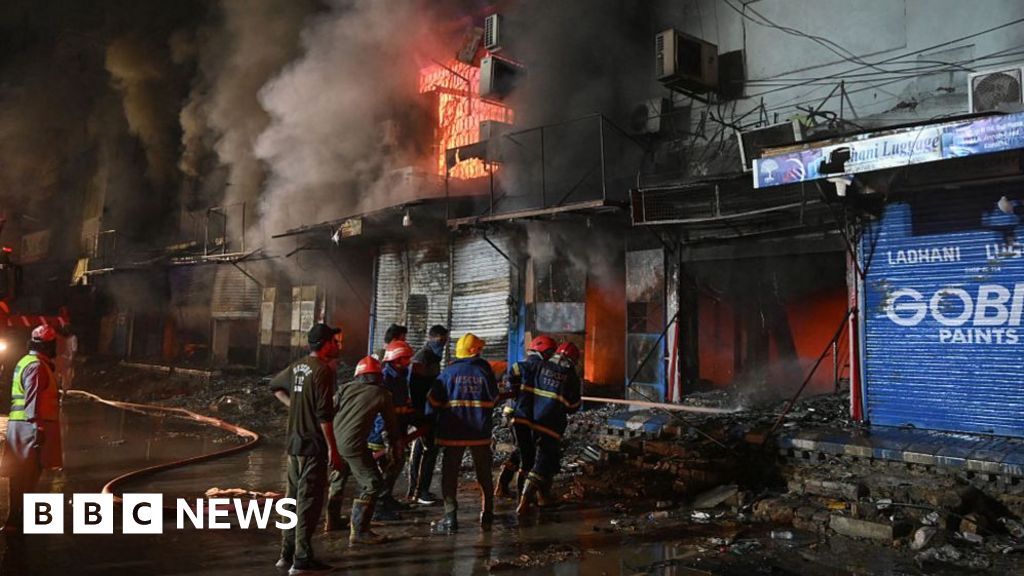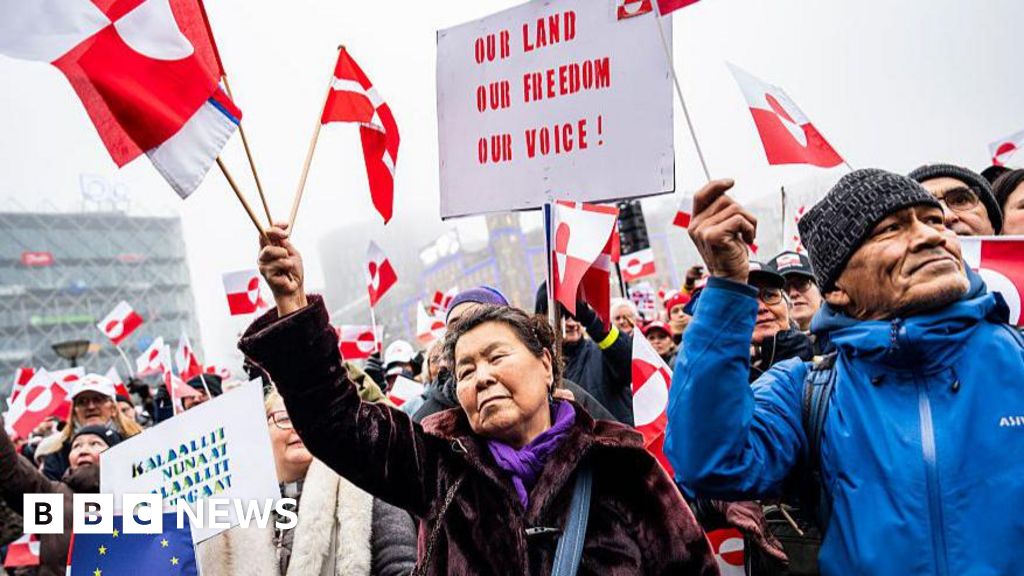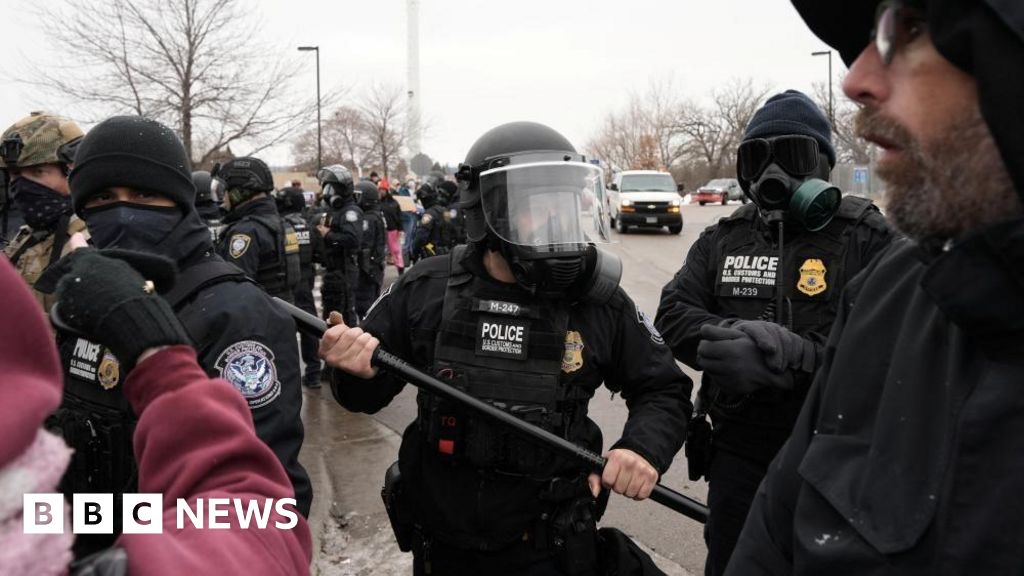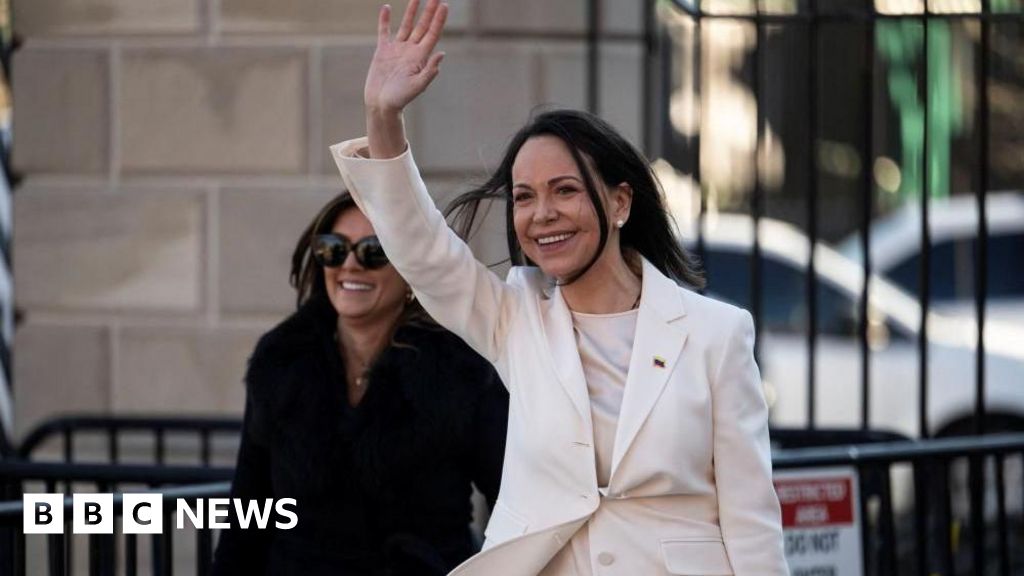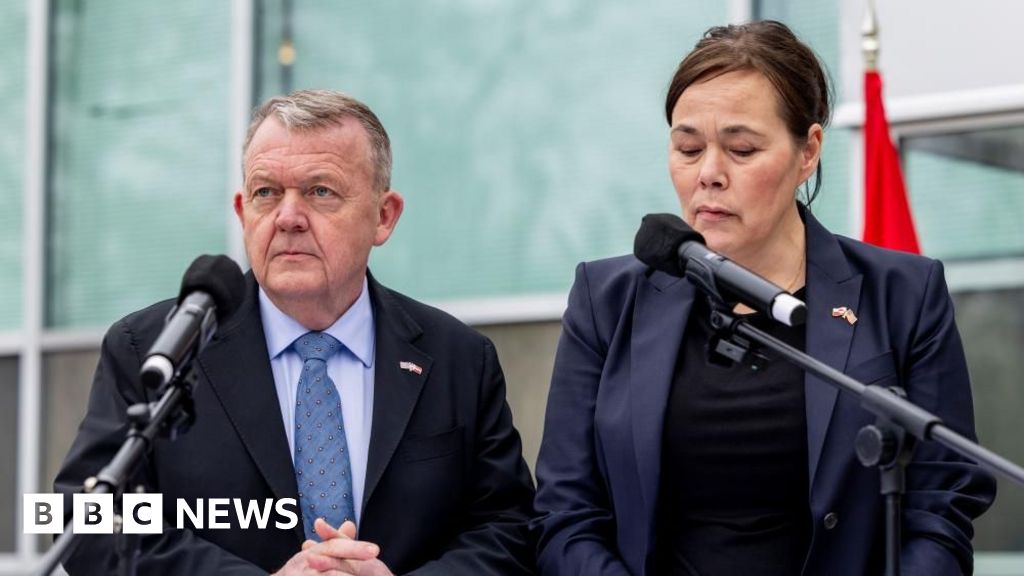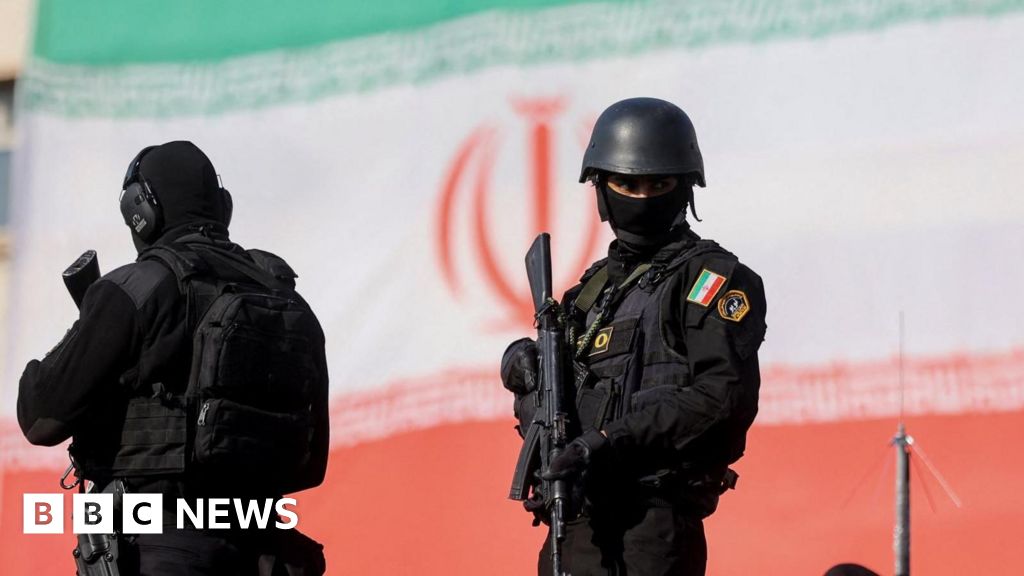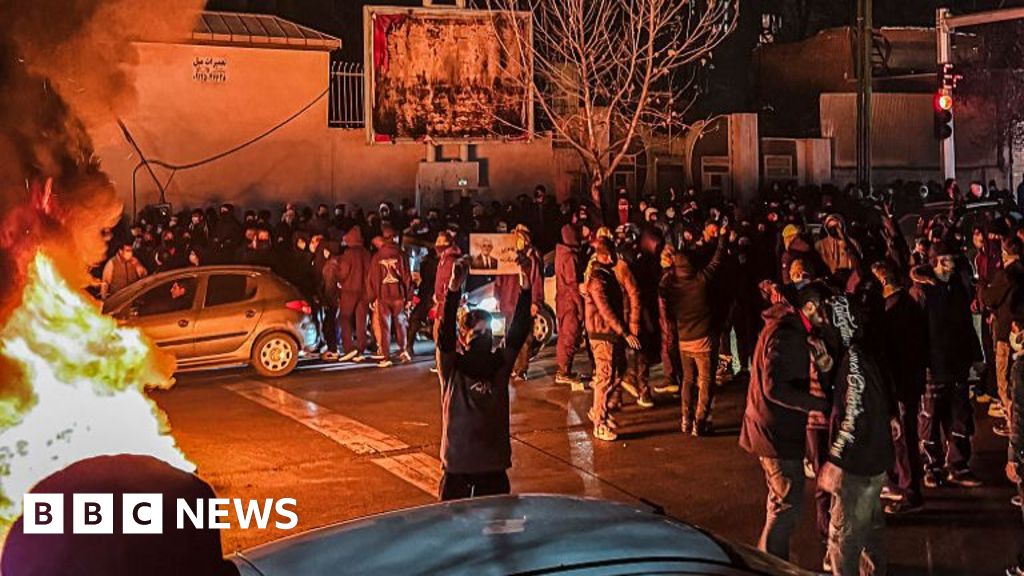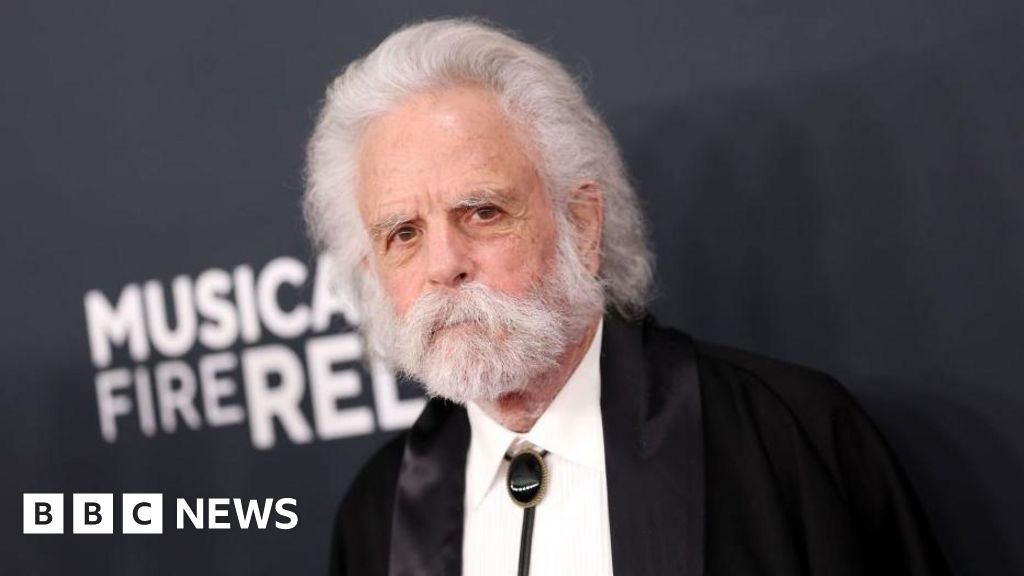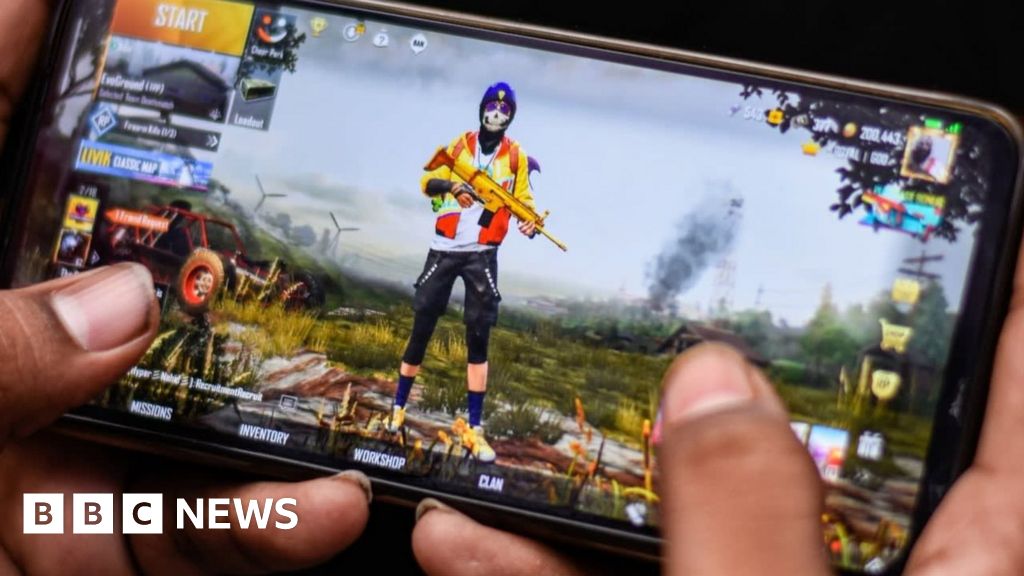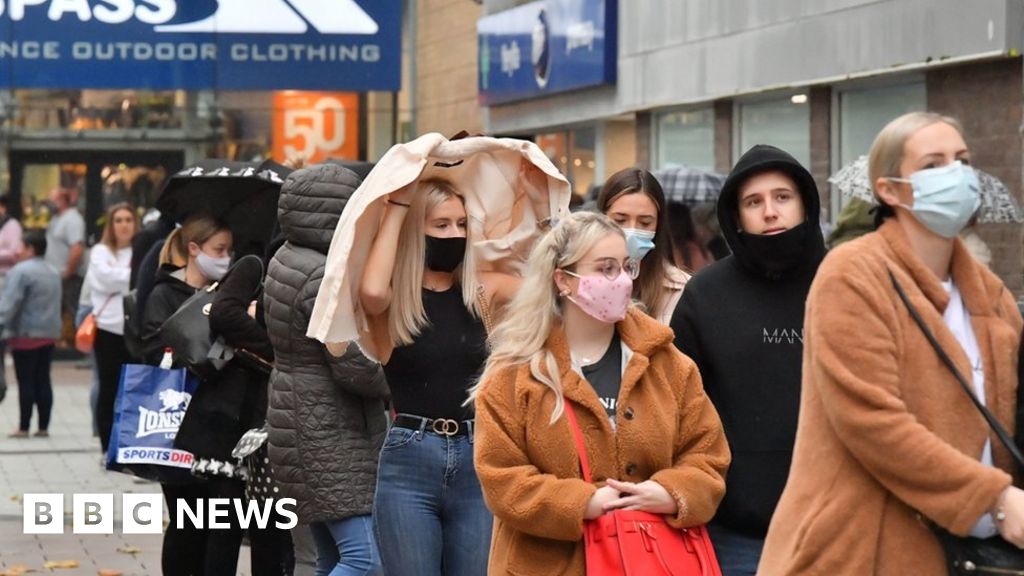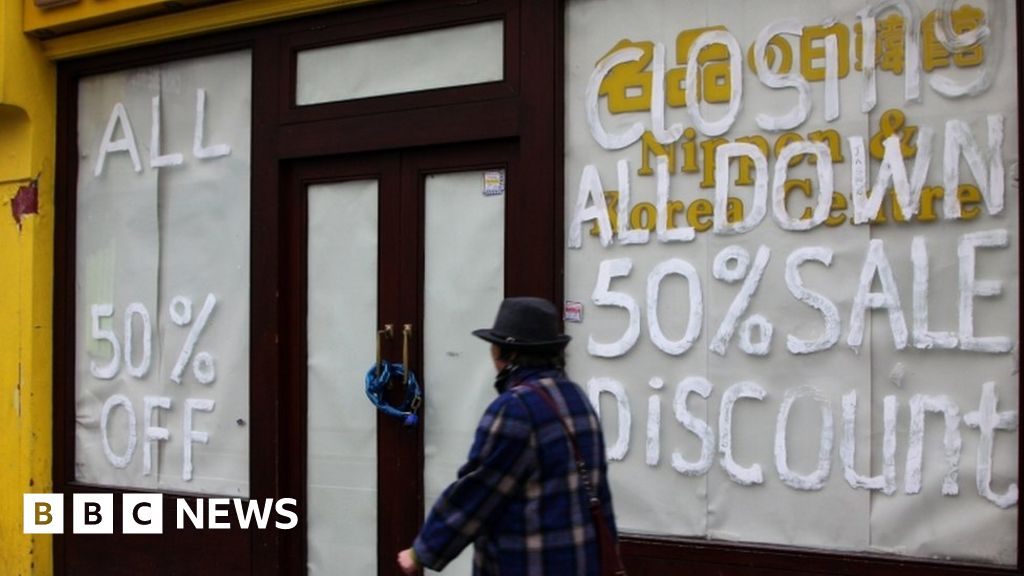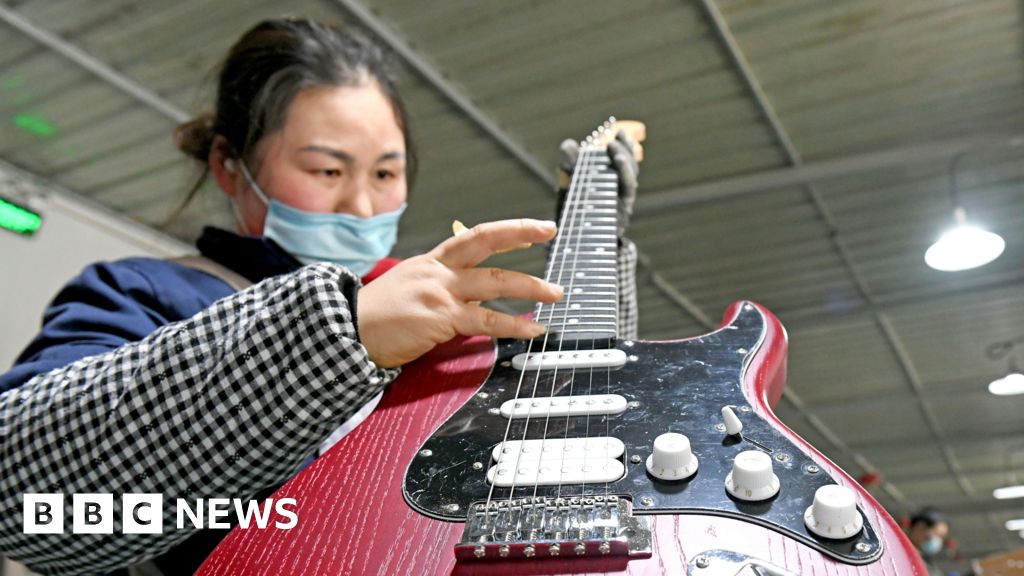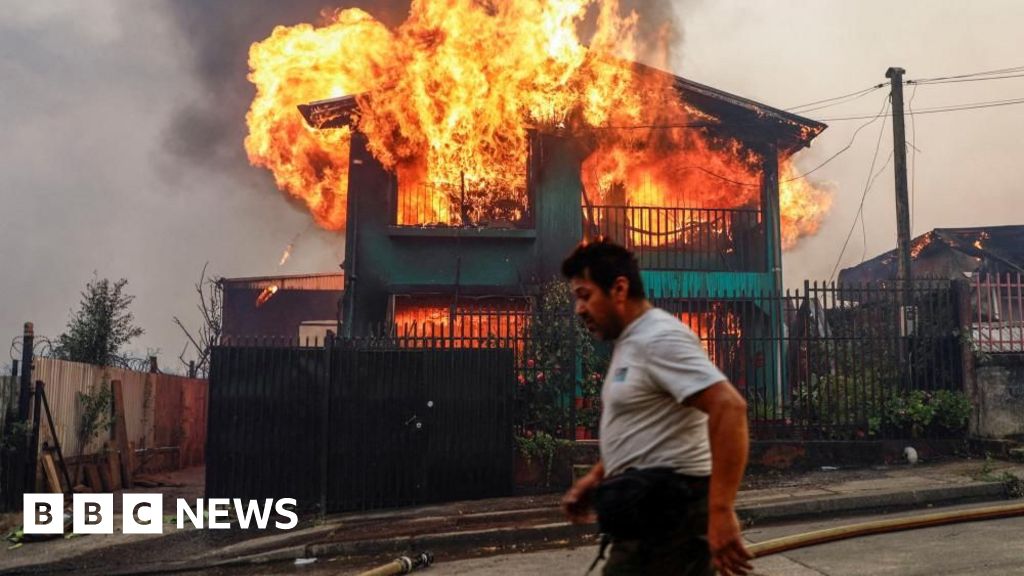image copyrightGetty
The maker of the hit video game PlayerUnknown’s Battleground (PUBG) has cut ties with Tencent in India after Delhi banned apps with links to China.
the Indian government blacklisted over national security concerns.
Developer PUBG Corporation said it would take on publishing responsibilities in India in a bid to have its game reinstated.
It is not clear if that will be enough to reverse the ban.
“In light of recent developments, PUBG Corporation has made the decision to no longer authorise the PUBG Mobile franchise to Tencent Games in India,” the developer said in a statement.
Tencent confirmed its partnerships with PUBG Corporation in other markets would not be affected by the move.
India was PUBG’s biggest market before the game was blacklisted with more than 175 million downloads to date.
It accounted for about a quarter of the game’s downloads globally.
India’s IT Ministry claimed last week that its decision to ban the apps was based on “credible information” that they were acting against the country’s interests.
It said it had received many complaints from “various sources” including several reports about “misuse of some mobile apps available on Android and iOS platforms for stealing and surreptitiously transmitting users’ data in an unauthorised manner to servers which have locations outside India”.
“The compilation of this data, its mining and profiling by elements hostile to national security and defence of India, which ultimately impinges upon the sovereignty and integrity of India, is a matter of very deep and immediate concern which requires emergency measures.”
The ban comes against the backdrop of tensions along a disputed Himalayan border.
Both India and China deployed more troops to the Ladakh region in June and clashes have left at least 20 Indian soldiers dead.
Call Duty Mobile developer Activision also confirmed last week it had become the latest firm to part ways with Tencent.
Activision said the decision related to US President Donald Trump’s orders which restricted US companies from conducting transactions with Tencent and its subsidiaries.
